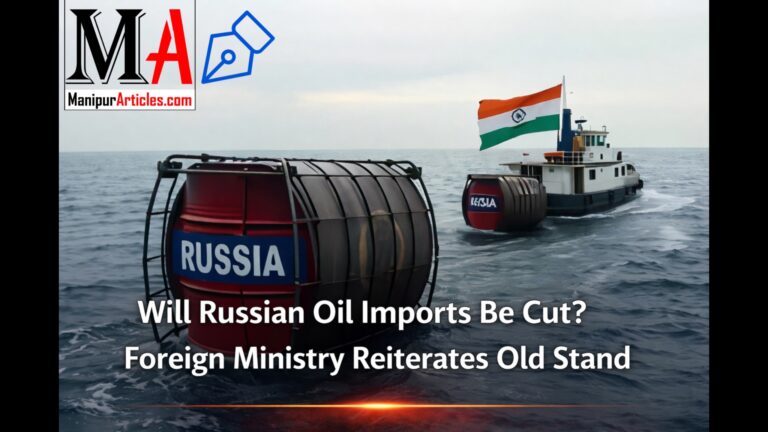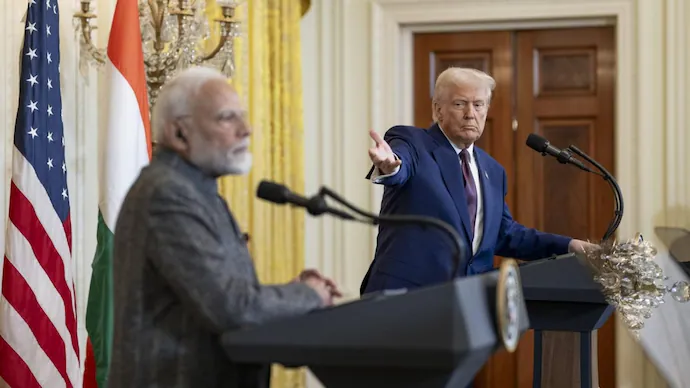Incoming Israeli Missile Turns Beirut Building to Dust: A Closer Look
Summary
A recent video has captured the devastating impact of an Israeli missile strike that obliterated a residential building in Beirut, Lebanon. This incident, reflecting the ongoing tensions in the region, has raised significant concerns about civilian safety and the escalating conflict dynamics. The footage, which has circulated widely, underscores the harsh realities faced by residents amid military actions.
Full Article
Introduction: The Rising Tension in the Middle East
In the complex tapestry of Middle Eastern geopolitics, few threads are as tense and fraught with peril as the ongoing Israeli-Palestinian conflict. The recent missile strike that turned a residential building in Beirut to dust serves as a stark reminder of the human cost of such conflicts. As we dive deeper into this harrowing event, we’ll explore the background, implications, and the broader context surrounding this tragic incident.
What Happened? A Breakdown of the Event
On [date of the incident], an Israeli missile struck a residential building in Beirut, leading to widespread destruction and drawing international attention. The footage shows the missile making direct contact, resulting in a catastrophic explosion that reduced the structure to rubble almost instantly. Eyewitnesses reported hearing a deafening blast, followed by chaos as dust and debris filled the air.
Why Was This Building Targeted?
While the specifics of the targeted building remain unclear, it’s essential to understand that in military conflicts, civilian structures are often collateral damage in larger strategic maneuvers. This particular strike could be part of Israel’s ongoing military operations aimed at curbing perceived threats from militant groups operating in Lebanon, including Hezbollah.
The Broader Context: Historical Tensions
To fully grasp the significance of this strike, we must consider the historical backdrop of Israeli-Lebanese relations. The animosities run deep, fueled by decades of conflict, military confrontations, and political instability. The Second Lebanon War in 2006 and the ongoing skirmishes have created a precarious environment where incidents like these are not only expected but often unavoidable.
The Role of Hezbollah
Hezbollah, a militant group and political party based in Lebanon, is often at the center of these conflicts. Formed in the early 1980s, Hezbollah has been involved in numerous confrontations with Israel. The group is considered a terrorist organization by Israel and several Western countries but is viewed as a legitimate resistance movement by many in the Arab world. This dichotomy complicates the situation, as both sides engage in a cycle of retaliation that impacts civilian lives profoundly.
Immediate Consequences: Human Cost and Community Impact
The immediate aftermath of the missile strike was chaos and confusion. Emergency services rushed to the scene to search for survivors, but the destruction was severe. Reports indicated that several people were injured, and there were concerns about casualties. In addition to the physical damage, the psychological toll on the residents is significant.
The Psychological Trauma of Conflict
Living in a conflict zone can lead to severe psychological trauma. Residents are often on edge, constantly anticipating the next strike. The fear of losing loved ones, homes, and a sense of normalcy can lead to long-term mental health issues, including PTSD.
International Reactions: A Divided Response
The global reaction to the missile strike was swift and varied. Some countries condemned the attack, urging for restraint and calling for dialogue to resolve the conflict. Others, particularly those in the region, expressed solidarity with the Lebanese people, framing the attack as part of a broader pattern of aggression by Israel.
The Call for Accountability
Human rights organizations have been vocal about the need for accountability in such military actions. They argue that international laws protecting civilians in conflict zones are often overlooked. This incident highlights the need for stronger enforcement of these laws to prevent further civilian casualties.
The Role of Media in Shaping Perceptions
In today’s digital age, social media plays a pivotal role in shaping perceptions of conflicts. Videos and images from the missile strike quickly went viral, bringing the harsh realities of the situation into the living rooms of people worldwide.
The Impact of Visual Storytelling
Visual storytelling has the power to evoke emotions and spark discussions that words alone cannot. The video of the Beirut building’s destruction serves as a visceral reminder of the stakes involved in these conflicts. However, it also raises questions about the responsibility of media outlets in portraying such events. Are they fueling further conflict, or are they shining a light on the human cost of war?
Preparing for the Future: What Comes Next?
As we look to the future, the question looms large: what happens next in the region? The cycle of violence has proven difficult to break, and without significant diplomatic efforts, the potential for further conflict remains high.
The Role of Diplomacy
Diplomatic channels must remain open to address the underlying issues fueling these tensions. International players, including the United Nations, have a crucial role in facilitating dialogue and seeking peaceful resolutions.
Conclusion: A Call for Peace and Understanding
The missile strike in Beirut is a tragic reminder of the ongoing violence and instability in the Middle East. As we grapple with the realities of war, it’s essential to remember the human lives impacted by these decisions. Striving for peace and understanding should be the ultimate goal, as we seek to break the cycle of violence that has plagued the region for too long.
FAQs
- What caused the missile strike in Beirut?
- The strike was part of ongoing military actions by Israel aimed at neutralizing perceived threats from militant groups in the region.
- What was the impact of the missile strike?
- The strike resulted in the destruction of a residential building, causing injuries and raising concerns about civilian safety.
- What role does Hezbollah play in the conflict?
- Hezbollah is a militant group in Lebanon considered a terrorist organization by Israel, involved in numerous confrontations with Israeli forces.
- How does the international community respond to such incidents?
- Responses vary, with some countries condemning the attacks and calling for accountability, while others express solidarity with affected nations.
- What can be done to prevent further violence?
- Continued diplomatic efforts and dialogue among international players are essential to address the underlying issues and seek peaceful resolutions.





